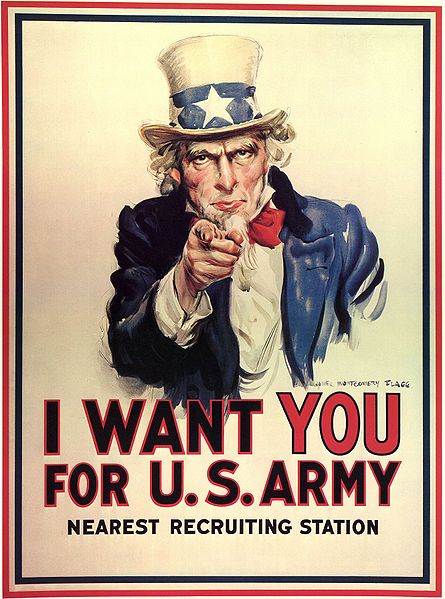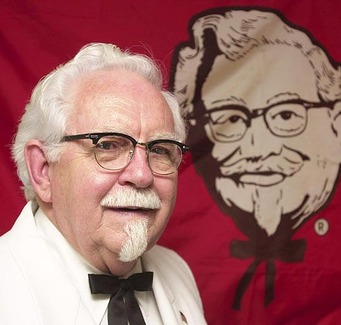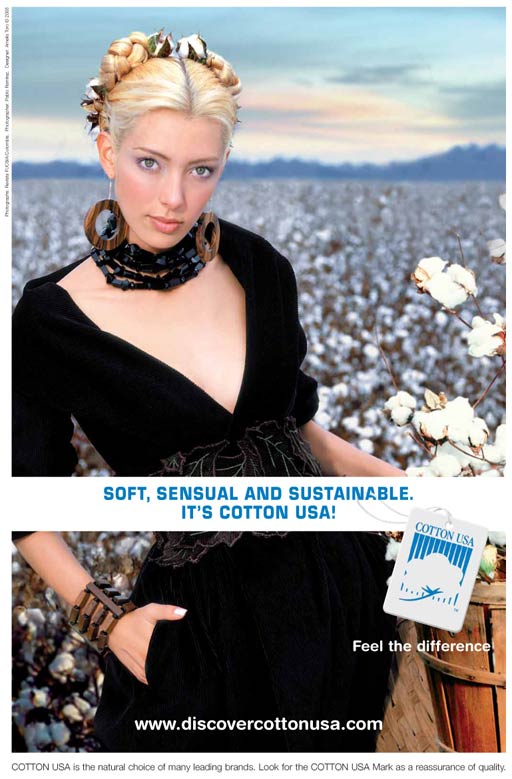NEWS:
A new intern! We are proud to introduce a new Sociological Images intern, Lauren McGuire. Lauren is a liberal arts graduate working as an assistant to a disability activist who blogs at The Deal with Disabilty. She lives with four boys, one bathroom, and a dog in Pasadena, CA. She is also an enthusiastic amateur in writing, blogging, sewing, photography, and general creative buffoonery. Look for her first Guest Post soon.
An award! I am so pleased to have been awarded the Early Career Award for Innovation in Teaching Sociology from the Pacific Sociological Association! If any of you would like to celebrate with me, I will be at the PSA conference in Oakland, CA, on the evening of Friday, April 9th. Email me at socimages@thesocietypages.org for details.
A new partnership! We are so excited to have entered into a partial syndication agreement with Jezebel! You may see some of our posts re-posted there, and vice versa.
SocImages in the news! This month Gwen was quoted in Adweek (on children’s toys); Gwen and Lisa were both quoted in ABC News (on the pricing of black and white barbies); and Lisa was quoted in Women’s ENews (on the sex of traffic signals), interviewed on WEOL am 930 with Les Sekely, and her top ten favorite blogs were featured at blogs.com.
Social networking! Don’t forget: you can follow us on Twitter or friend us on Facebook, where we update with a featured post everyday .
NEWLY ENRICHED POSTS (Look for what’s NEW! Mar. ’10):
To our post about laws and taxes forbidding yellow margarine, we added another fascinating vintage ad.
Caity sent us a video than an Australian bank created to try to explain why they were increasing interest rates. We added it to our post of a cartoon that explains the credit crisis.
Race
A nice example of the way that people of color are frequently chaperoned by a plurality of white people was sent in by Caitlan V.d.W. I added it to my post on the topic, one of a series on how people of color are included in advertising aimed primarily at white people.
Previously we posted a popsicle sold in Spain with an Asian caricature on the package. Now we’ve added ice cream that came in a container shaped like a stereotypical Asian character, also sold in Spain.
Anina H. sent us a New York State Department of Health flier encouraging breast feeding that featured women of different races, but had the white woman modeling ideal motherhood. We added it to our post on materials that include a diverse group of people, but somehow always manage to put the white person up front or on top.
Sarah G. found another example of black dolls being sold for less than white dolls, we added it to our post on the recent Walmart scandal.
We recently posted about the objectification and fetishization of Asian women on the dating website Classy Asian Ladies. Rachel K. sent us a t-shirt that illustrates this obsession with Japanese women, in particular, so we added it.
Martha sent us a commercial for MetroPCS that featured two Indian men with strong accents. We added it to our post on two ads that ran during Super Bowl 42 that featured characters with thick accents (Indian and Chinese).
We updated our post on contemporary blackface in the fashion world with a mini-movie by Karl Lagerfeld that includes White actors made up to appear Asian.
Sex
Christina W. sent us another great contribution to our post: selling the most unlikely things with sex! It started with organ donation, but this addition involves cheese.
Dmitriy T.M. sent in a flyer for a techno party that is a great addition to our ejaculation imagery post. And Kristyn G. found an Australian commercial in which white liquid squirts all over Pamela Anderson and another woman. Thanks, D. and Kristyn!
We updated our post on reframing the abortion debate to associate abortion with genocide by adding a Polish billboard that claims Hitler introduced abortion to Poland. Might be mildly unsafe for work — there are images of bloody aborted fetuses.
Joe told us about the video game Mass Effect, which allows heterosexual or lesbian couplings but not gay male ones. We added a link of a scene where a female character does a sexy dance for a male character to our post about the video game Sexy Beach, which is about what you’d think it is. Probably NSFW.
To our post in which we asked whether a store display seemed to imply violence or consensual bondage we added a photo SOM took of a shoe store window display showing a woman’s bound feet.
Gender
Renée Y. and Corina sent us two more examples of breast cancer research fund raising that privileges saving boobs over saving women.
We added images of chocolate Easter bunnies and pink computer cables to our ever-growing post on pointlessly gendered products.
We added a commercial, sent in by Emma H., in which a man is humiliated because he loves ice dancing to our post of ads telling men that they better eschew femininity or else.
More mocking of the Disney princesses! Courtesy of Kristyn G.
We added three more examples of beer advertising that compares beer to a “good woman.” See both here and here. Thanks to John for one of the examples!
We added another image, this one a photo of Reille Hunter from GQ, to our post featuring infantilized women. Thanks to Jeff H. for the suggestion!
Katie P. sent us a pair of gendered onesies: one said “I’m Super” and the other, “Super Cute.” Guess which one was pink.
Halley M. and Ryan both sent in additions to our recent post showing how anatomy is gendered. One is another educational image and one is the image of humanity attached to the Pioneer spacecraft in case any extraterrestrials ran into it and wanted to know what we’re like. We added them to the original.
We added a product called Shrinkx Hips, a product to “guide” your hips back to their “pre-pregnancy position,” to our post on the BeBand.
Mindy sent us a video she was shown at a couples retreat that demonstrates how men and women are so different! We added it to our post on medicalizing gendered marriage.
French Elle‘s April 2010 issue has a long feature dedicated to women with larger bodies. We added it to our post on some recent images from Glamour of women’s bodies that don’t fit the size-zero model ideal.
Katrin sent us a video about a marketing campaign for Lynx (the British version of Axe). The campaign, called LynxJet, presents sexy women as sexually-available airline stewardesses, eager to please. We added it to another post on Axe/Lynx products.
We updated our post on the sexualization of female employees in an Avis ad with an ad for Ansett Airlines that shows a female flight attendant in just a towel.
Martha sent us some images from the book Who Killed Amanda Palmer? in which Palmer is posed as though she’s been murdered. We added them to our post on images that show dead-looking women.
Ryan let us know about a video of Filipina activist Sass Rogando Sasot speaking to the United Nations about the need for more recognition of transgender rights. We added the video of her speech, “Reclaiming the Lucidity of Our Hearts,” to our post of a spoken-word performance about being transgendered.
We updated a post on the sexualization/adultification of children with some images from the clothing company Zara that have similar themes.
Lisa Wade, PhD is an Associate Professor at Tulane University. She is the author of American Hookup, a book about college sexual culture; a textbook about gender; and a forthcoming introductory text: Terrible Magnificent Sociology. You can follow her on Twitter and Instagram.








